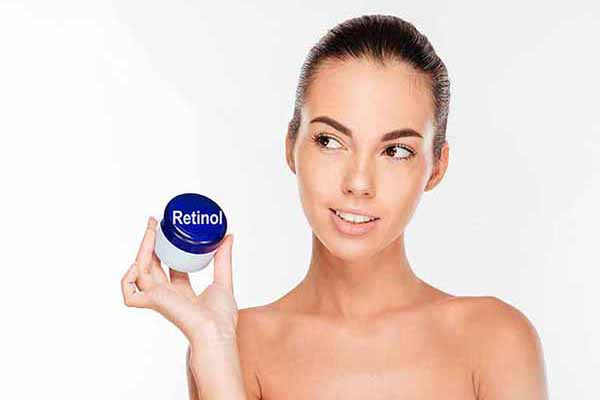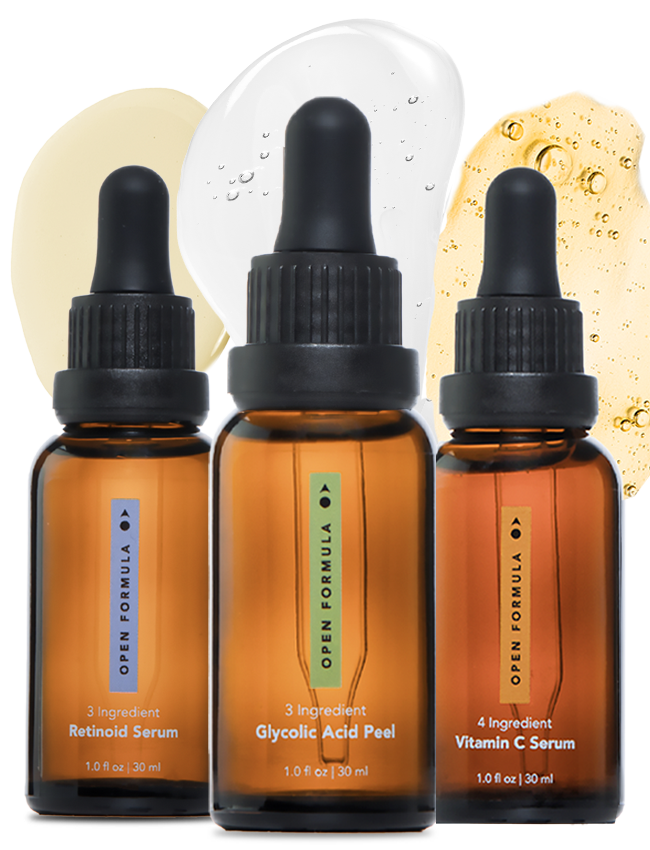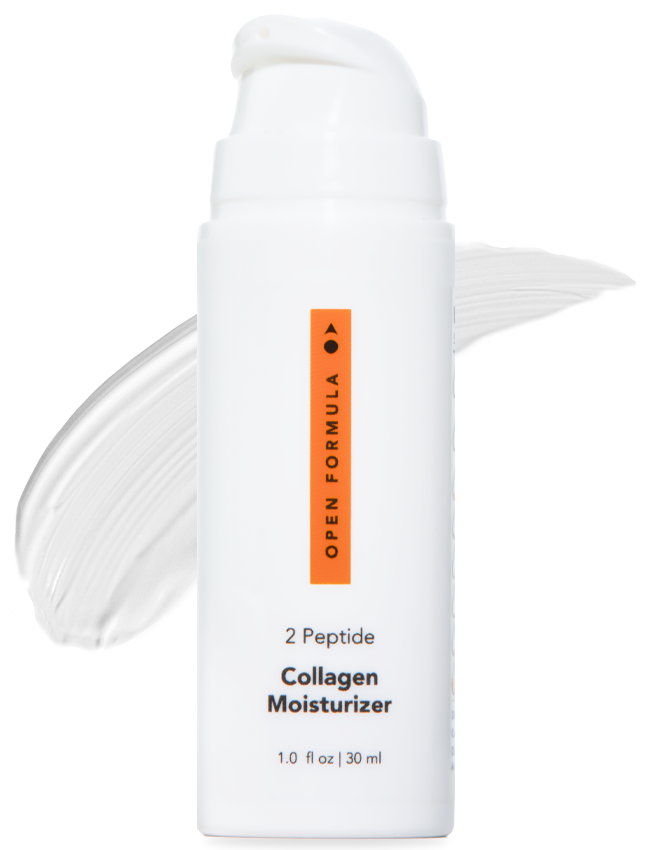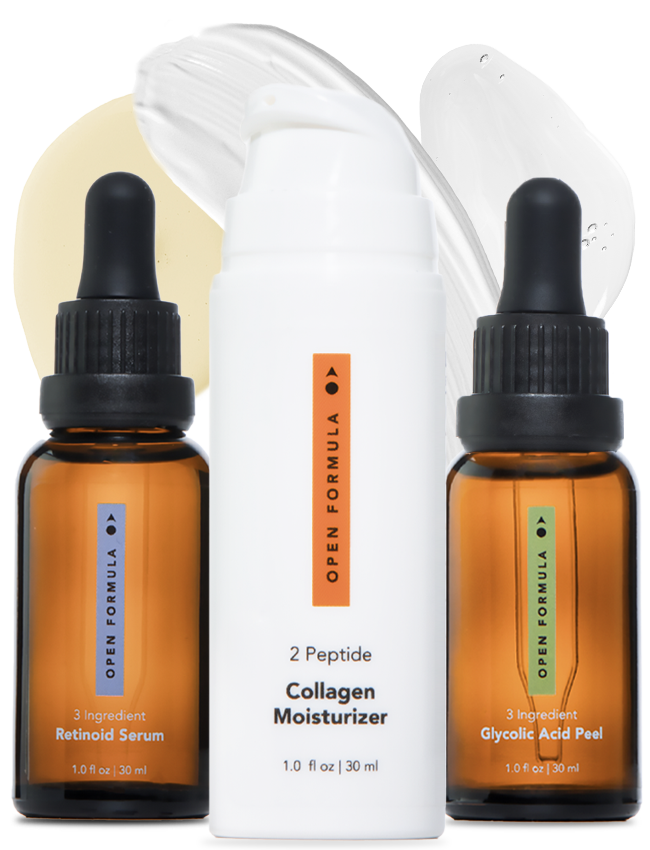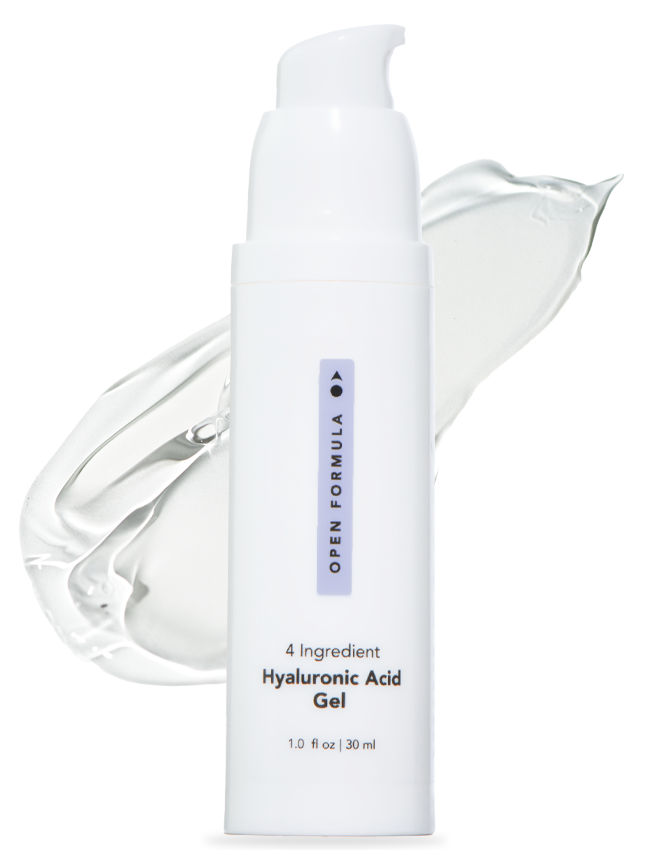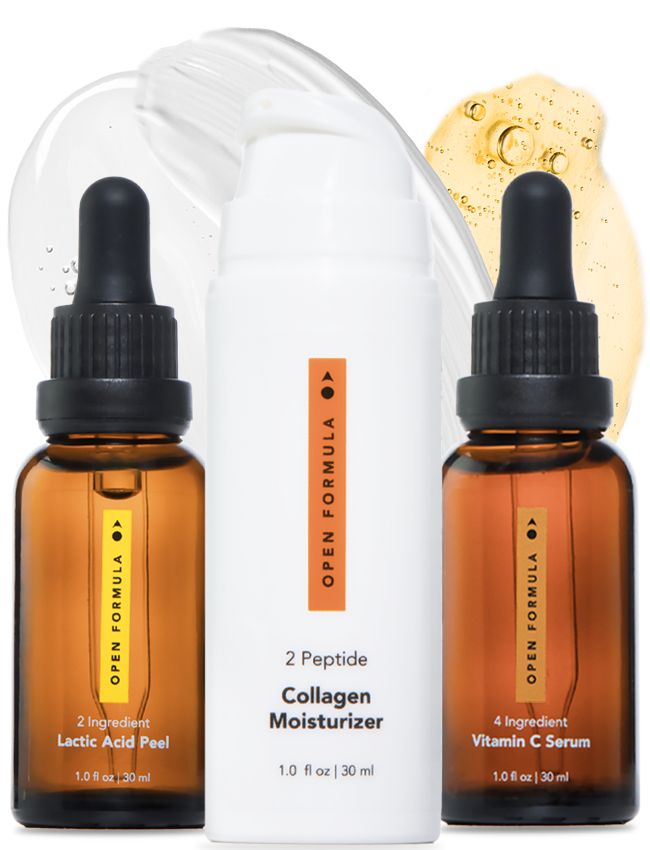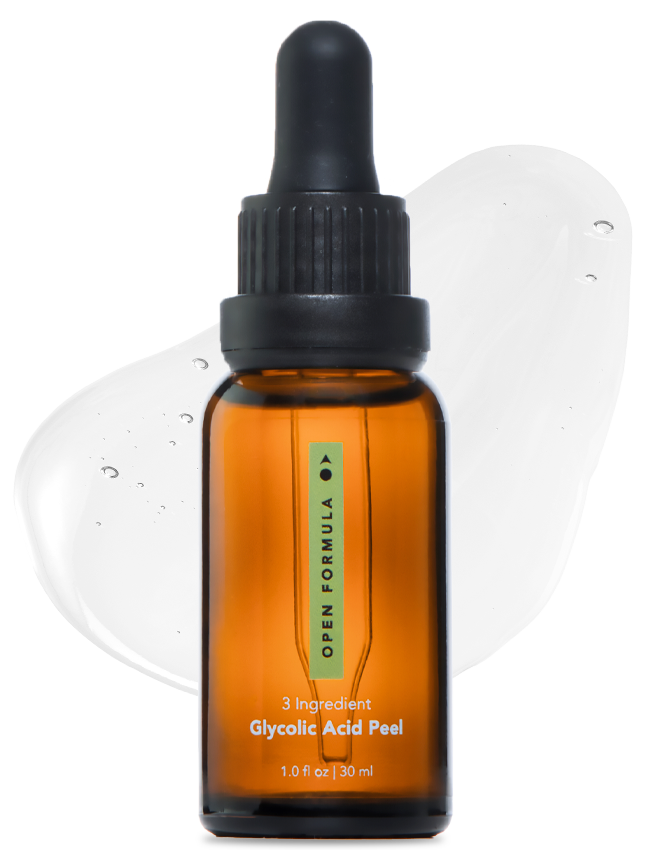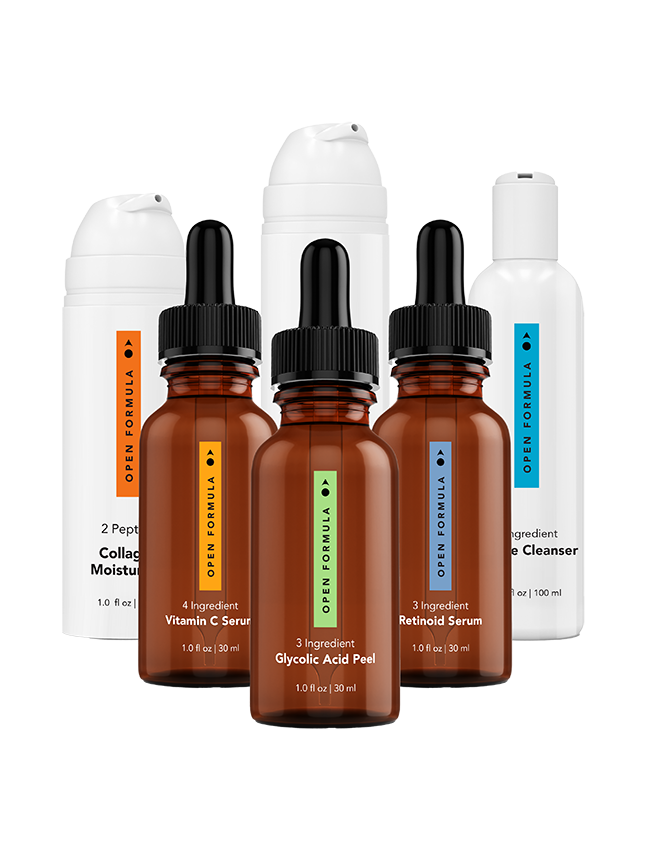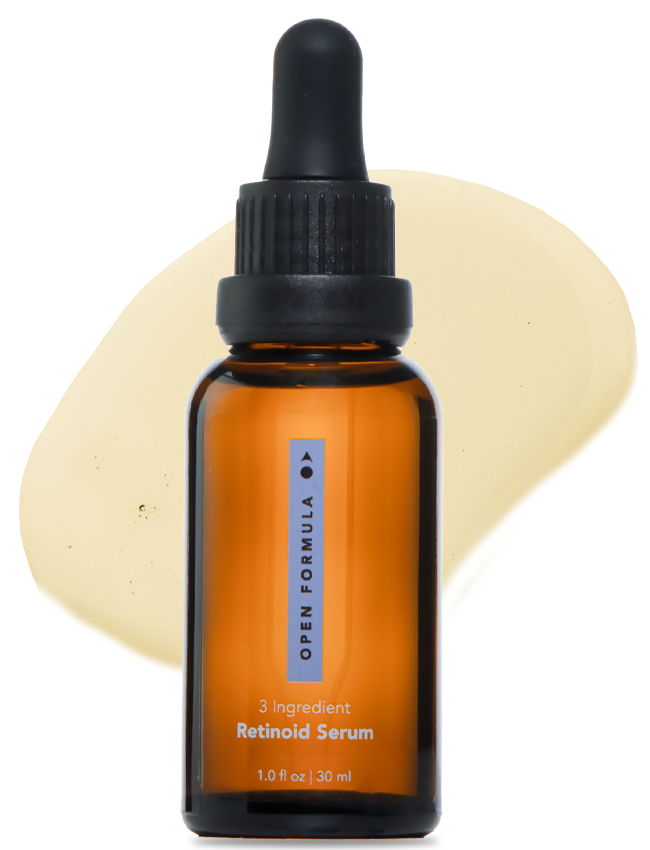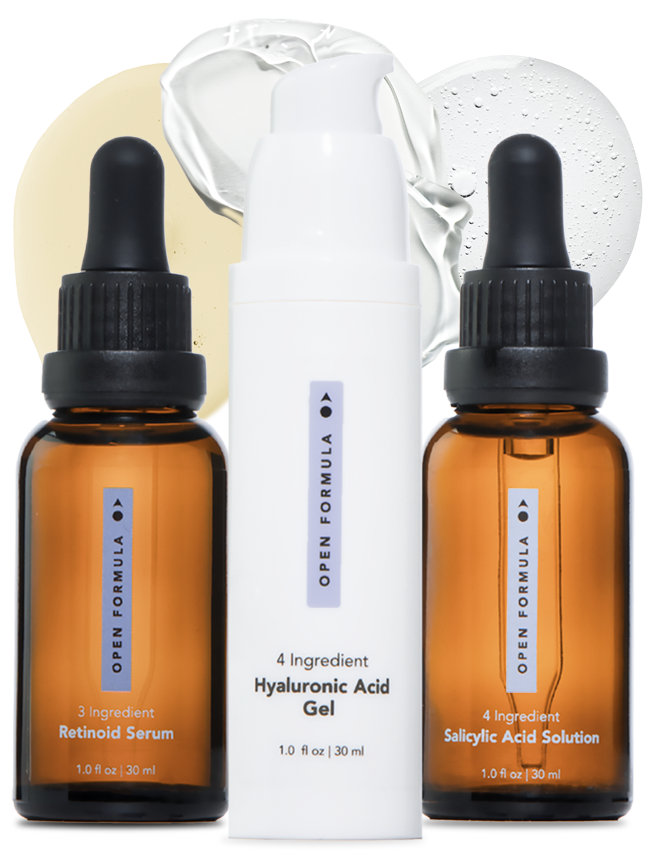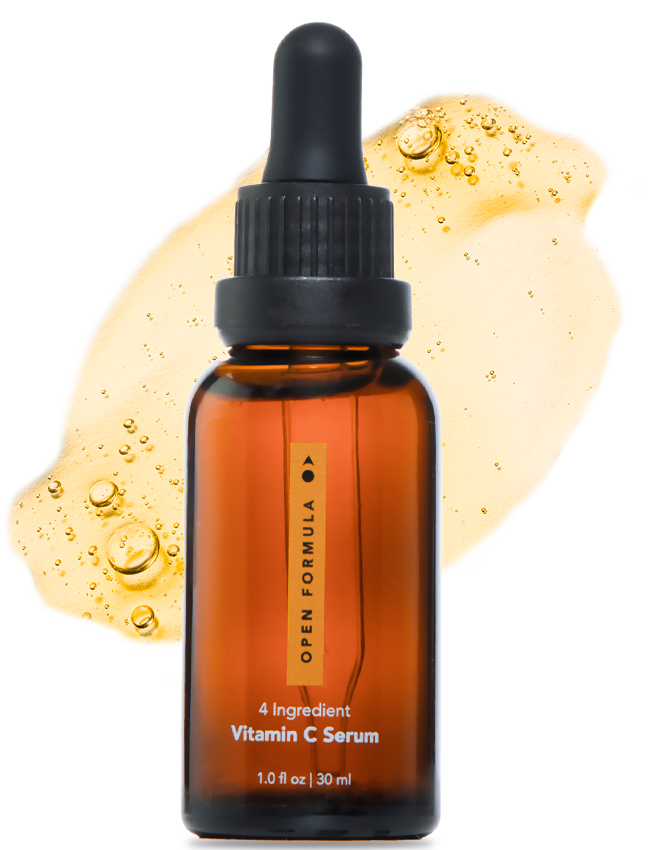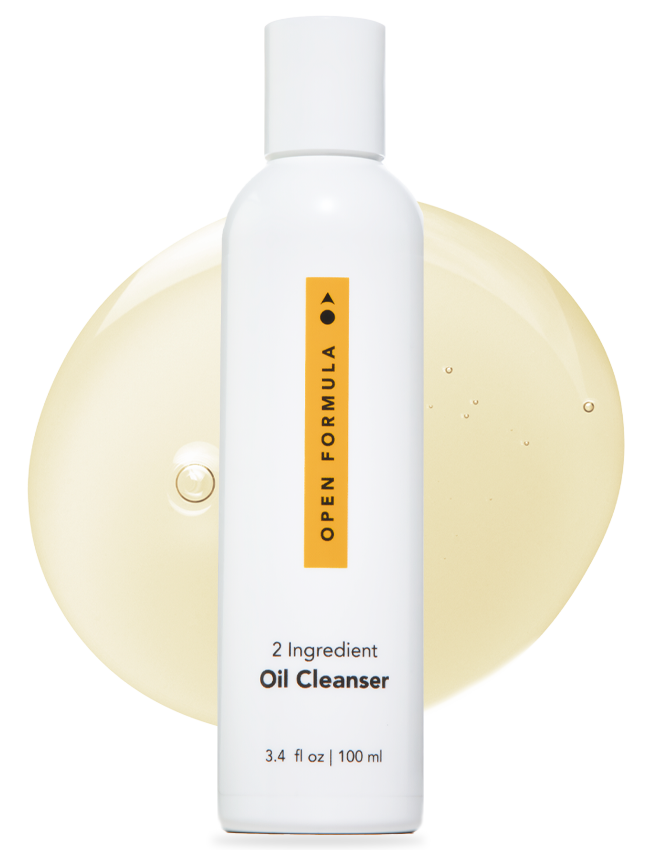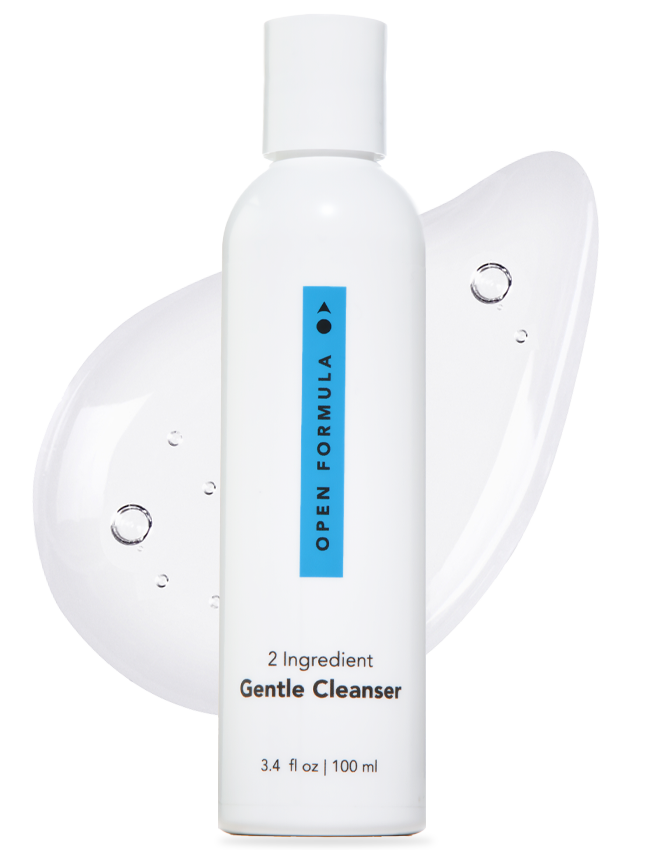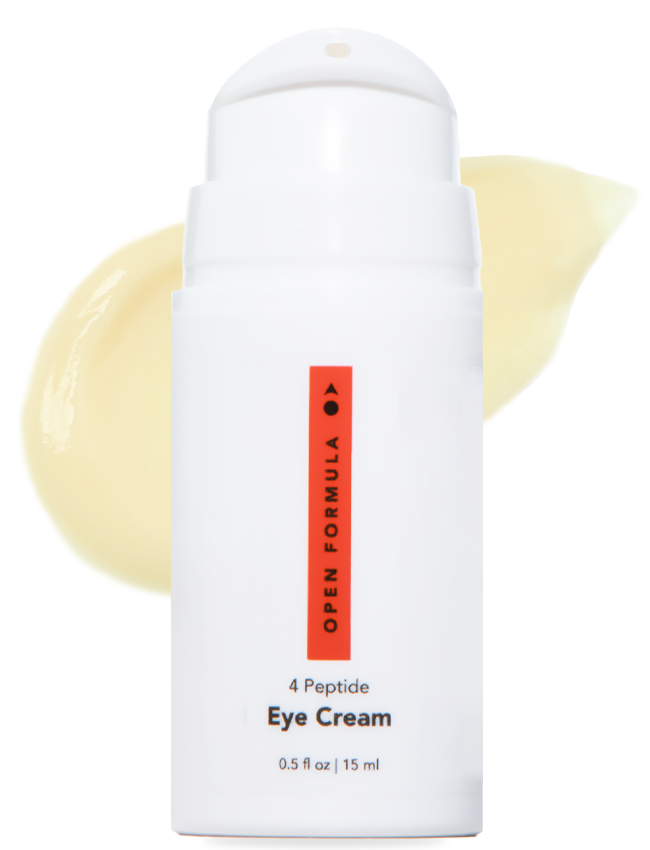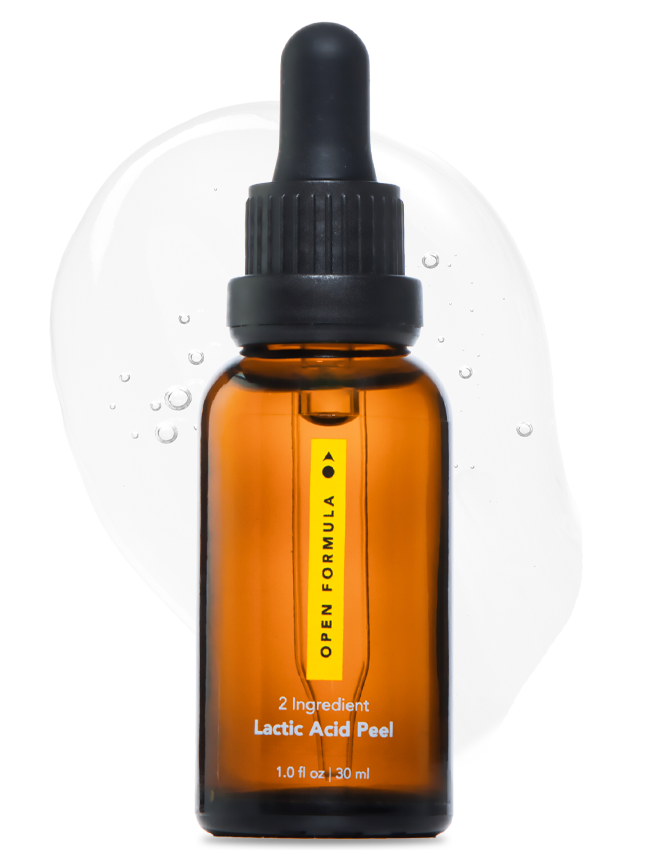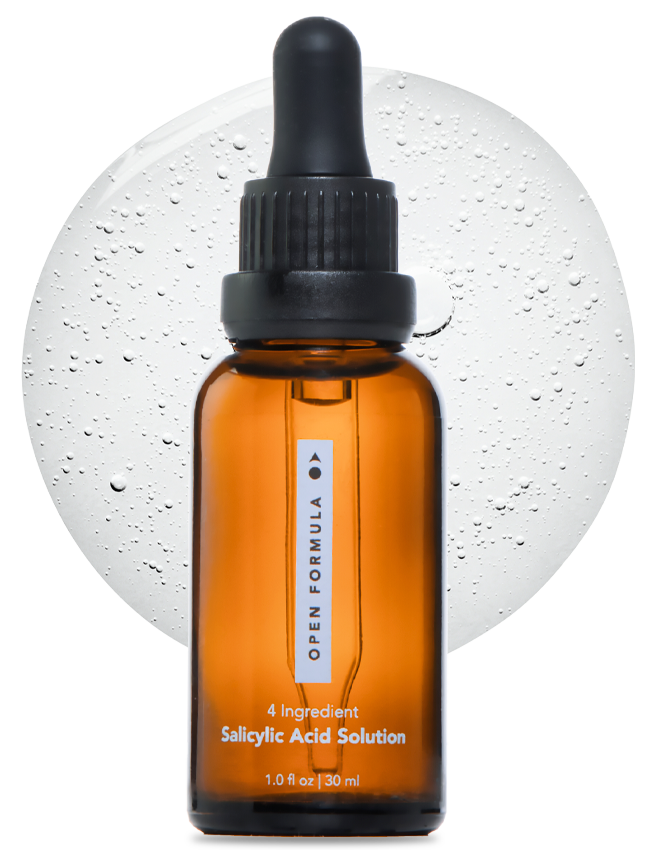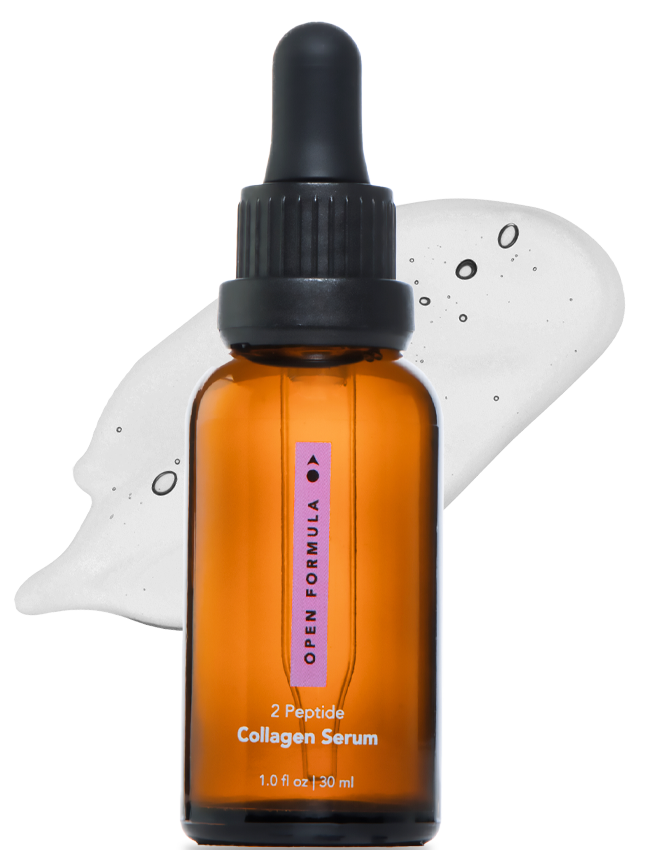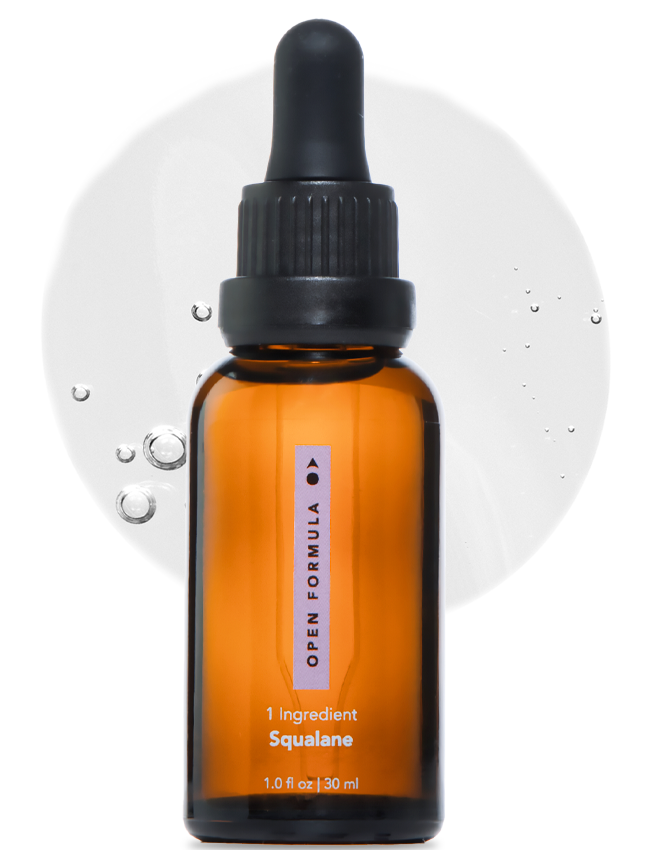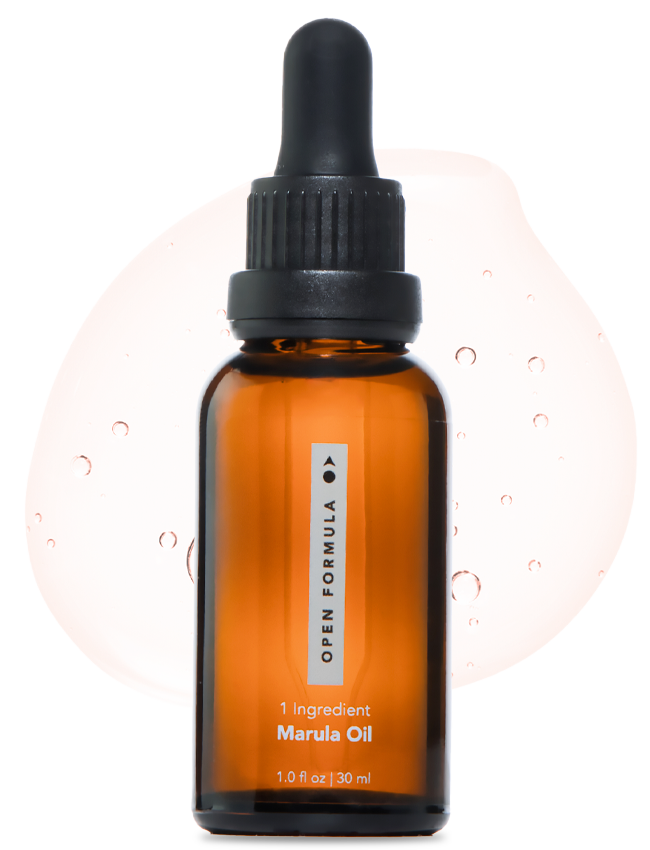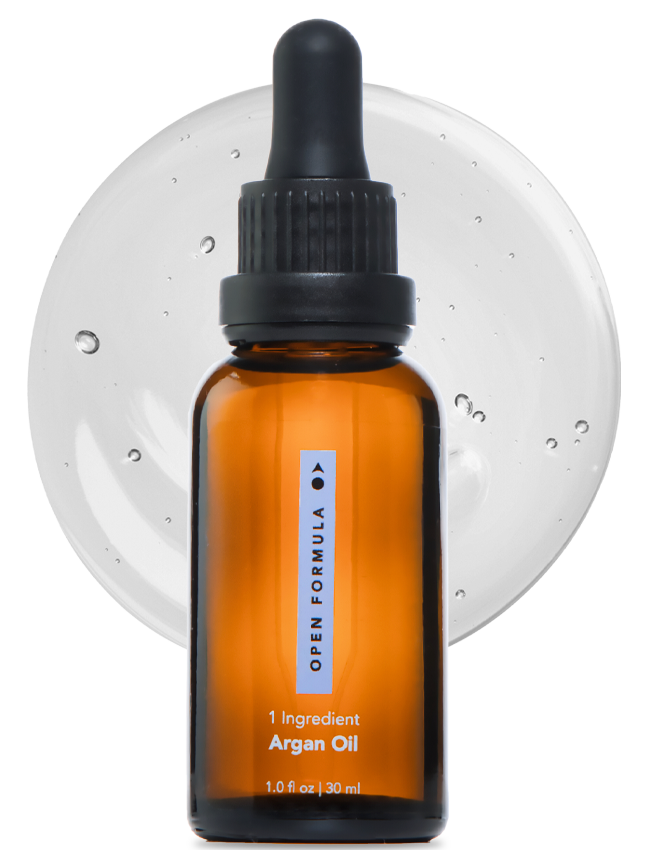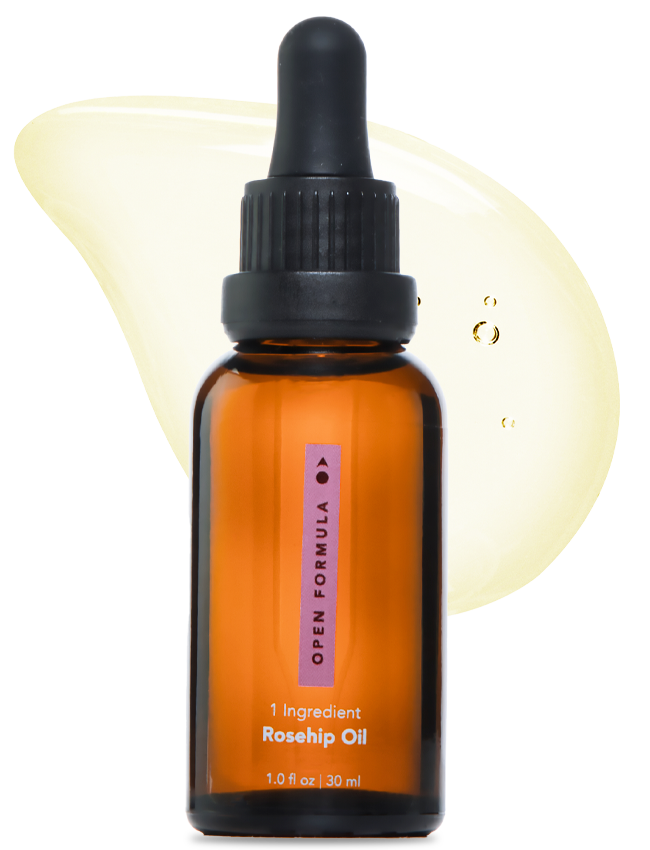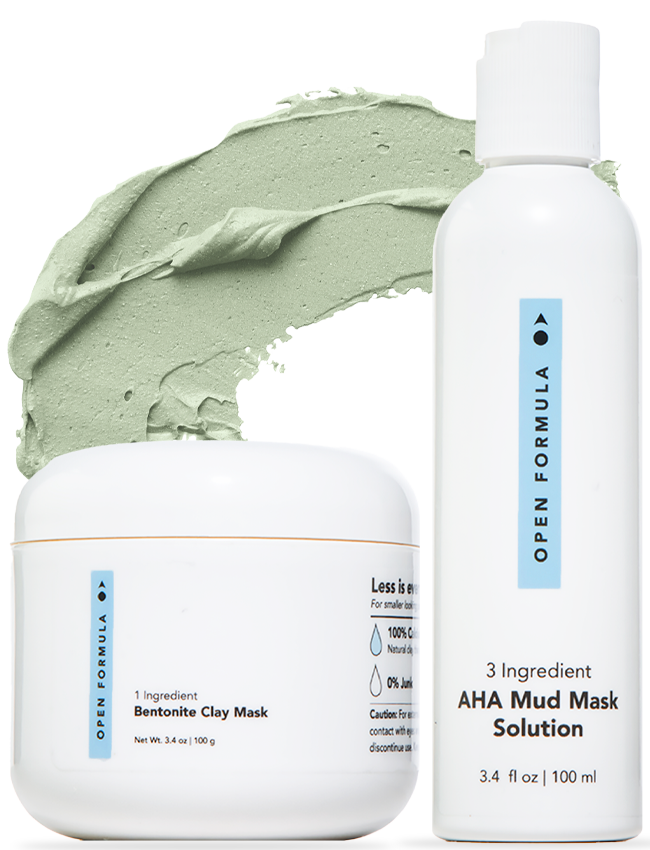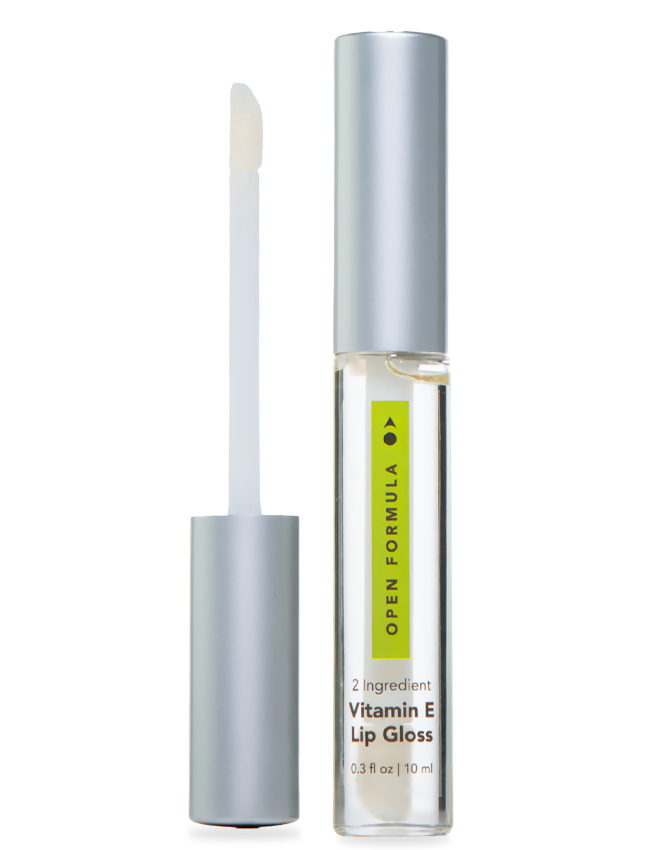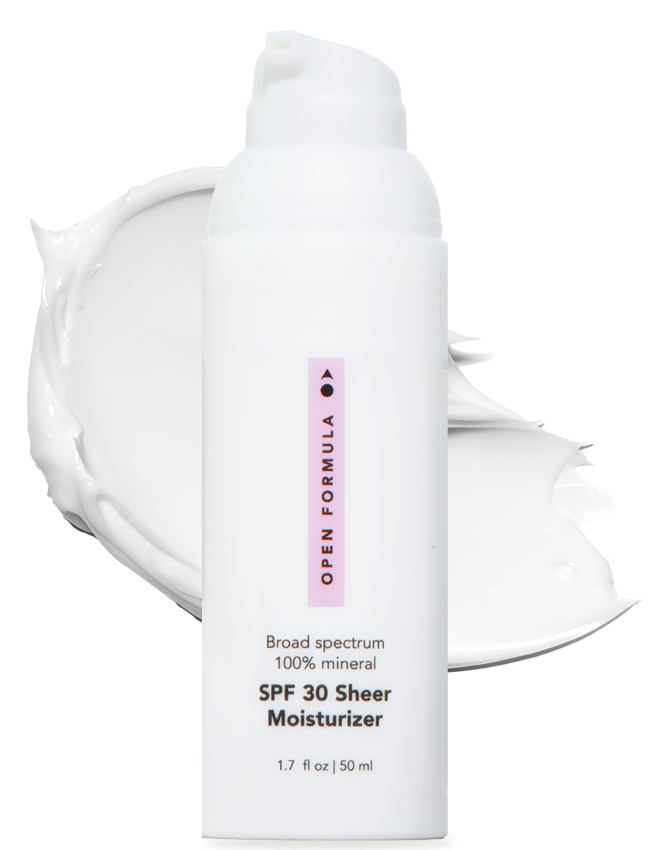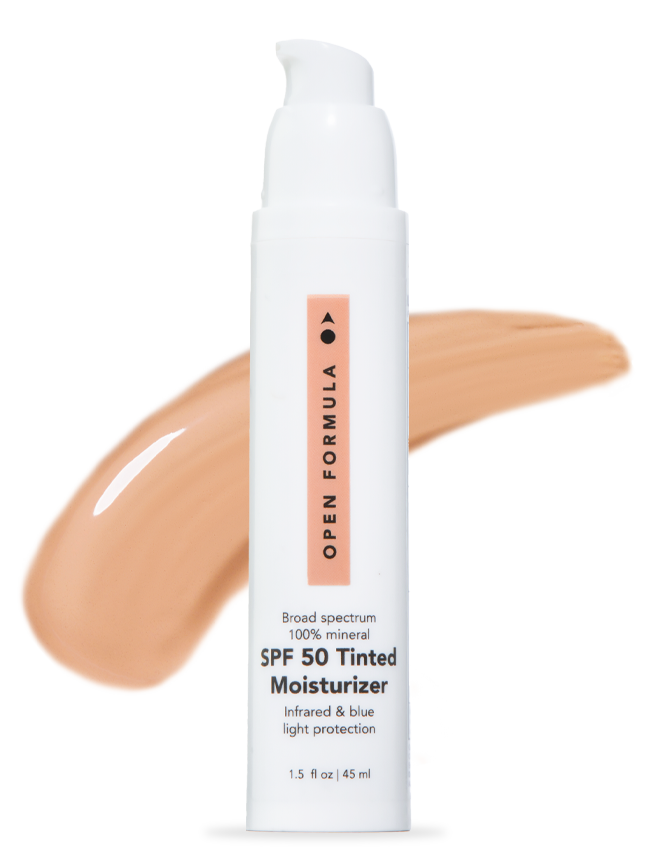Do you know there's one skincare ingredient out there that does it all for skin? It's pretty much liquid gold. Yes, retinol. When used correctly, it's amazing against BOTH acne and aging. So, let's start with how to use retinol and when to start. And we'll also cover is it possible to be too young for retinol?
Does Retinol Make You Age Faster?
There's this idea that using anti-aging products too young will 'ruin' your skin and make you age faster. Obviously, nobody wants that—so is it true?
Well, no.
Considering all the studies ever done on retinol, we would know if it could worsen skin. Yes, the studies mention the irritation, dryness, and peeling that commonly occur when introducing retinol to the skin—but is this permanent skin damage? No, it's not. It’s just an adjustment process.
For the record, no study proved that there's been any skin damage or signs of 'faster aging' caused solely by retinol. Instead of being concerned with the 'right' age for it, what matters more is how you use it.
When to Start
The truth is that even if you're in your twenties, you're not too young for retinol. Age just doesn't matter. Because it's not only for anti-aging, but it also works for acne. Retinol, and prescription retinoids, are commonly used for getting rid of breakouts—especially in teenagers. Since retinoids are safe for acne-prone teens and their young skin, then retinol is safe to use when you are young before you see any signs of aging.
Interestingly, the anti-aging benefits of retinol became known to researchers trying to improve acne creams. Some of the older study participants reported exciting findings. They noticed that their acne improved, wrinkles appeared more shallow, and their skin looked more youthful!
Here's Why Retinol So Great
Just in case you need a reminder, here's a rundown on what makes retinol the gold-standard for anti-aging skincare.
Retinol increases collagen production.
Collagen makes everyone's skin look full and youthful. The reason babies have such soft, bouncy skin is that it's full of collagen. But, our skin can't keep this up forever! That's where retinol comes in.
You may be thinking—if you still have collagen for bouncy, young-looking skin, what's the rush to start? The unfortunate thing about wrinkles is that once they're there, it's hard to get rid of them, without fillers. Most people have a better chance of looking wrinkle-free for longer if wrinkles don't form as quickly in the first place.
The point is, just because you don't have any visible wrinkles (yet) doesn't mean you're too young for retinol.
Retinol evens out skin tone.
It increases skin cell turnover, evening out skin tone by ensuring that there are always fresh, new skin cells at the surface of your skin. If you're using it for acne, continue to use it after your skin has cleared up, and fade any dark marks left behind. It's this same fading ability that clears sun damage on the skin, which appears as dark patches skin or freckles.
Retinol improves skin texture by unclogging pores.
Everyone wants clear skin, right? Breakouts are annoying for everyone, and it doesn't matter how young or old you are. Per that logic, you're also not too young for retinol. It improves skin texture for youthful, flawless skin—no matter how old (or young) you are.
How To Use It?
Patch test a small amount for irritation first. Behind the ear is a great place because any redness won’t be visible.
Start using 1-2x a week for 2 weeks. Add one day a week, or every other week, afterwards depending on how sensitive your skin is.
Use it at night. It does make skin more sensitive to the sun.
Do not mix with other retinoids.
Do not use strong acid treatments at the same time. But you can use an acid exfoliant in the morning & retinol in the evening.
Why Use SPF With Retinol?
Regardless of whether you decide to start retinol in your 20s or older, it's crucially important that a good SPF sunscreen is used at the same time. No exceptions!
Retinol makes your skin more sensitive to the sun than it usually would be. That also means your skin can become more easily damaged and aged by the sun if not properly protected.
Deciding when to start using retinol and wearing sunscreen are two halves of the same whole—sunscreen protects your skin, while retinol rejuvenates it at a dermal level. The only way retinol is going to make you age faster is if you use it without sunscreen. Let's be real. You should be wearing sunscreen every day to protect your skin from the sun's damaging light anyway!
There's no reason that you can't start retinol young for lasting results. However, if you're wondering when to start, don't forget that it's a long game that improves your skin now and in the future. And if you're not willing to use it properly, the benefits listed above won't last!
The question is more, "Will I commit to retinol?" rather than "Am I too young for it? Or when to start using retinol?"
When to start using a retinol cream completely depends on you. And you're free to start it whenever it feels right. There's no such thing as 'too young for retinol.' However, starting it as early as possible is strongly suggested for long-term, lasting results. And it's also never too late to start! The best age to start is now. Begin using it slowly, and always wear SPF, and your skin will thank you for it!

